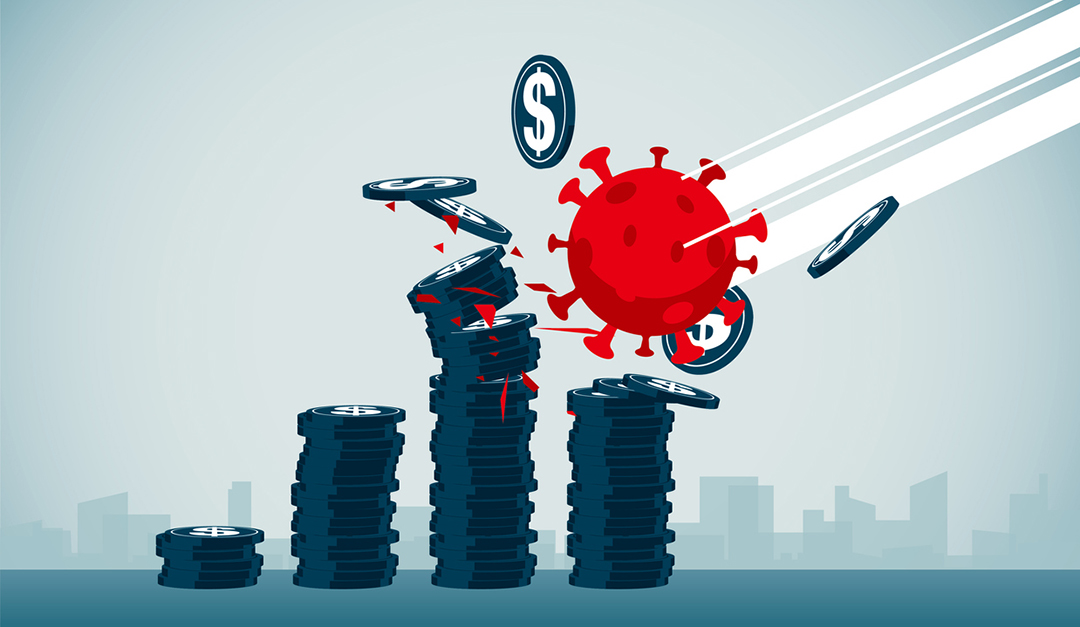The coronavirus pandemic has impacted everything from jobs and the economy to regular patterns of everyday life. And although it’s difficult to determine what the long-term effects will be just yet, a new report from Bankrate has found that one in three (36 percent) of U.S. adults have already delayed at least one major financial milestone due to the virus.
The most popular actions to push back are finding a new job (12 percent), buying or leasing a car (11 percent), buying a home (9 percent), furthering education (7 percent), getting married (5 percent), having children (5 percent), and retiring (5 percent). And although purchasing a house is listed by only 9 percent, many of these other factors could trickle down and further delay individuals from achieving the homeownership dream.
Homebuying delays are expected by 14 percent of millennials (ages 24-39), 12 percent of Gen X-ers (ages 40-55) and 7 percent of Gen Z-ers (18-23 percent). Additionally, 6 percent said they would delay their home search for less than 1 month while 10 percent are waiting 1-3 months, 12 percent are waiting 3-6 months and 31 percent are waiting a year or more. Twenty percent said they would be putting their home search on hold indefinitely.
“Among those often adversely affected by the economic downturn are younger Americans, many of whom are just starting out in their careers,” said Bankrate.com’s senior economic analyst, Mark Hamrick. “As result of these setbacks, they’ll spend years trying to make up lost income and career opportunity.”
Another element that could have a domino effect on real estate? Delaying retirement. Seventy-one percent of those surveyed said they pushed their retirement at least six months, while 38 percent have delayed it indefinitely. Delayed retirements could mean less sellers on the market as homeowners stay in their homes for longer periods of time instead of downsizing.
“A kind of unseen toll of the downturn is the paused pursuit of dreams—including retirement, marriage and major purchases such as homes and vehicles,” said Hamrick. “Beyond the personal toll on individuals, these delays serve to further restrain employment and the broader economy.”












